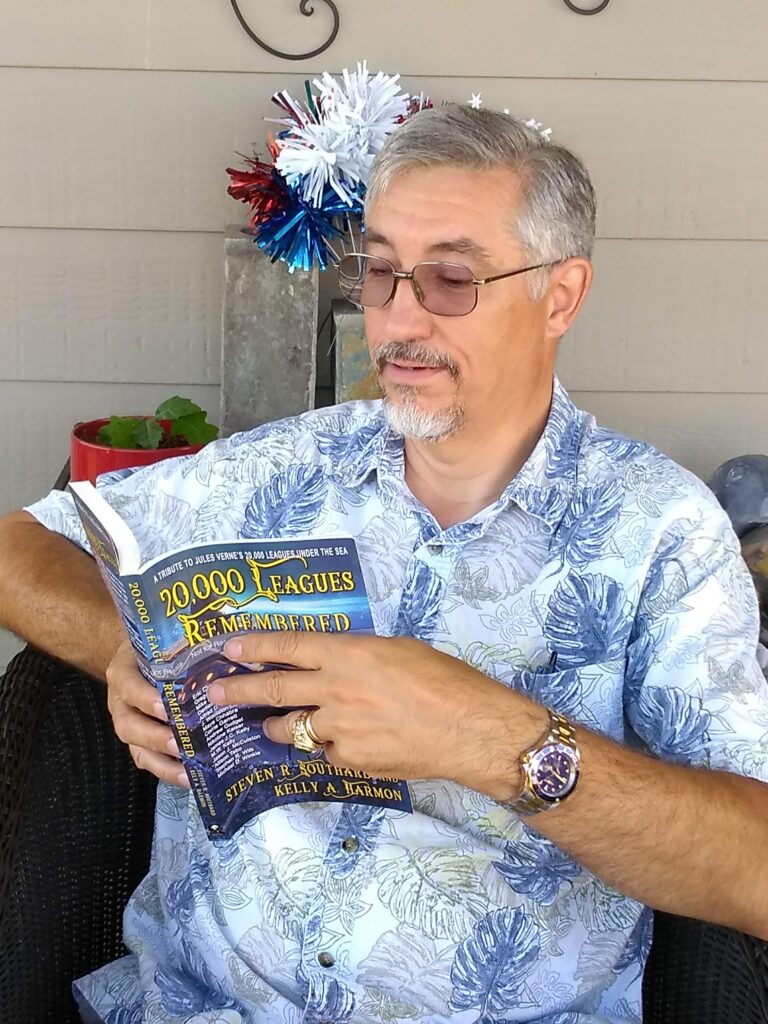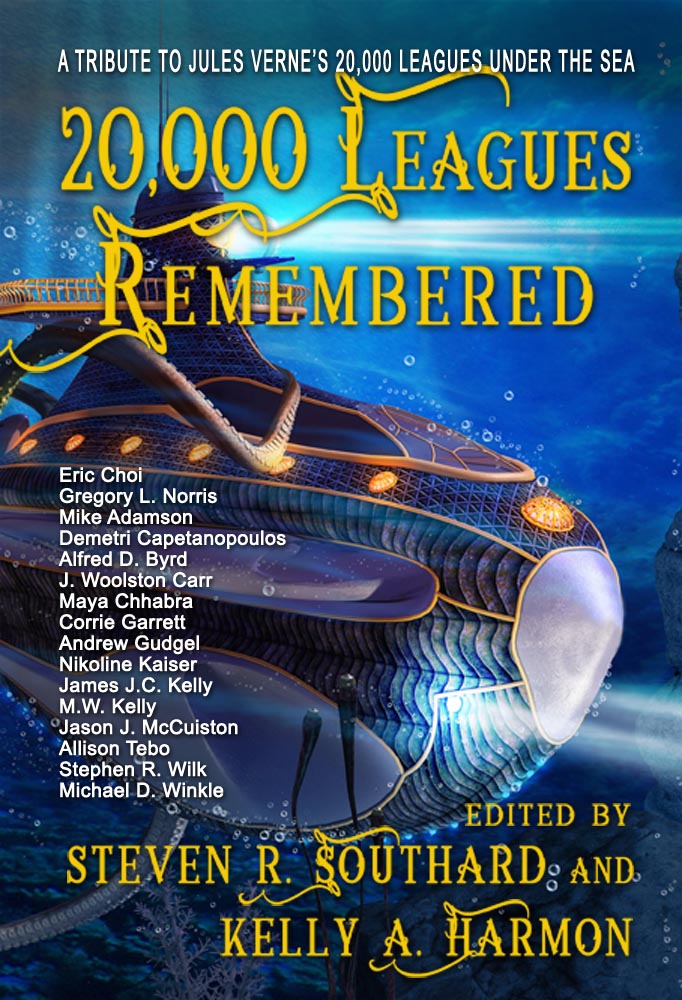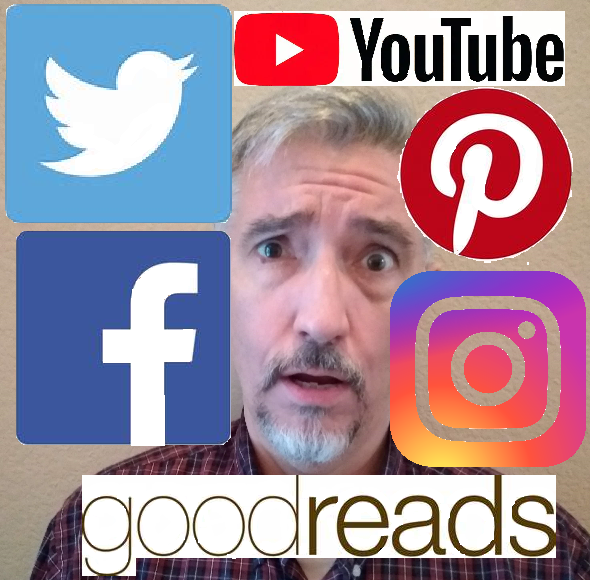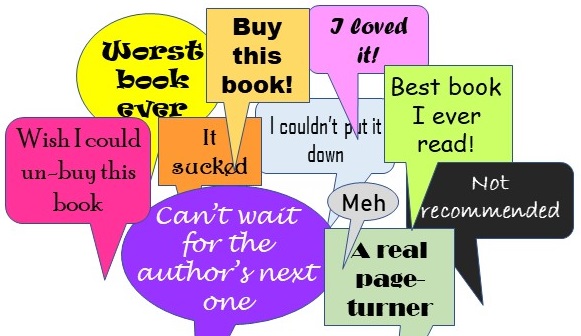The subject of this post might seem silly, even condescending. You already know how to read, or you wouldn’t have gotten this far into my post.

Perhaps I should have titled it ‘How to Get the Most Enjoyment Out of Reading an Anthology,’ but that’s too long and cumbersome.
I have some experience with anthologies. I’ve read many dozens of them, my stories have appeared in sixteen of them, and I’ve recently co-edited one. Allow me to share my recommended eight steps for thoroughly enjoying an anthology.
- Read one of the stories. For most anthologies, the order doesn’t matter. The editors had reasons for organizing the stories as they did, but you can read them in any order.
- Ponder the story you just read before going on to the next one. You might need this pondering time to ‘get’ what the author was saying, since it’s not always obvious right after reading.
- Jot down some notes about the story, including its most memorable aspects and whether you liked it or not.
- Repeat Steps 1 through 3 until you’ve finished the anthology.
- Pick your favorite stories. Perhaps there are as many as five or as few as one, but I’m sure you’ll have favorites.
- Write and post a review of the anthology online, perhaps at Goodreads or anobii or at the site of the bookseller where you got the book. In your review, don’t be afraid to mention your favorite stories by title and author name. Consider including brief comments about why you liked these stories. If you have comments about the anthology as a whole, include those too.
- Look up, online, the authors of your favorite stories. See what else they’ve written that you might want to read next.
- Contact those authors who are still alive and let them know how much you enjoyed their story, or ask any questions you may have. Most authors love hearing from fans.
I know this eight-step process seems much more difficult than simply reading the anthology and going on to the next book on your extensive ‘must read’ list. But the act of taking notes on the stories will help you remember them better. Writing reviews will, in time, make you a more discerning reader, able to extract more meaning and enjoyment from stories. Contacting favorite authors could result in good additions to your ‘must read’ list, books you’re sure to enjoy.
Now that you know how to read an anthology, may I recommend one? It’s 20,000 Leagues Remembered, co-edited by yours truly and just released by Pole to Pole Publishing. It’s a sesquicentennial tribute to Jules Verne’s amazing undersea masterwork, Twenty Thousand Leagues Under the Sea. You can purchase it at Amazon, Barnes & Noble, Apple iBooks, or Kobo.
You have to admit, the process I described is a fine way to read an anthology. You might even call it The Anthology-Reading Method of—
Poseidon’s Scribe




